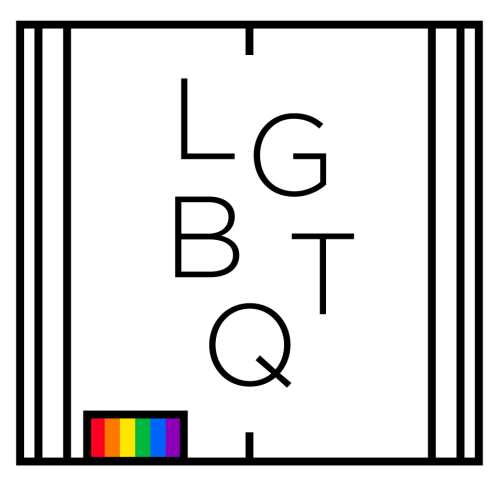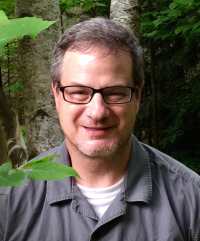In Our Month Devoted to LGBTQ Literature, I Still Long for an Age of Innocence
Editor’s Note: This commentary is part of a special focus on LGBTQ books, publishers, and authors for the month of June.
I was trying to think about how I, as a straight cisgender male, could introduce our month devoted to LGBTQ books, publishers, and authors. On our podcast, I’ve already interviewed an LGBTQ publisher on whether it’s time to get rid of the special category (yes and no). I’ve discussed the importance of telling individual human stories rather than broad categories of people.
Then I remembered how my best friend came out to me in a Taco Bell on Orchard Lake Road in suburban Detroit in 1983 and how I both do, and do not, regret the way I reacted to the news.
“Huh? Yeah. Of course you’re gay. I’ve always known that. Hey, do you remember when Taco Bell used to call Pintos N Cheese ‘Frijoles?’”

Well, I was seventeen years old. Eloquence and sensitivity were (and still are) a work in progress. I had known my friend Andy for just a year, during my senior year in high school. We had met in the summer of ‘82 at Blue Lake Fine Arts Camp in Michigan. Then I moved for my senior year in high school to Bloomfield Hills, a wealthy Detroit suburb. I felt like I was a stranger there even though, for the first time in my life, I was no longer the only Jew in school. I was not wealthy enough, showy enough, privileged enough, even handsome enough to really fit in there. So, I’d drive to Southfield, a Detroit suburb with a large African American population, where I’d hang out with my friend Andy.
A gay African American who “acted white,” Andy, too, was an outcast among his people. So, for a year, anyway, we were inseparable as friends. But, then came graduation and college. Andy’s “coming out” in the Taco Bell occurred after we visited home a few months into college. We hadn’t seen each other for a while. Andy was probably very nervous about telling me he’s gay. But I had always known. And I truly did not care. My reaction, though, should have reflected the gravity of his decision to tell me.
Remember, this was the ’80s, and as author GD Dess tells us in his commentary here, the times were risky, and the language was different.
Later in college, I got a bit too wrapped up in identity politics and even a year later I might have reacted better to Andy’s “news” and we would have an informed discussion about all the social, political, religious, and community implications of his coming out. But, in many ways, I long for the days when I was ignorant of the baggage that comes with identity, whether religious, racial, or sexual. Andy was my friend. Period. End of story.
But, of course, especially in the age of Trump, when we seem to be backtracking to the worst parts of the ‘80s, the role of LGBTQ literature is both to embrace identity and also to make it no big deal. It’s a tough juggling act. One goal of literature, I think, is to hold up a mirror but to also show a way forward. I continue to believe that acceptance comes with immersion. But I know we don’t live in a vacuum, and that society has forced any creation of an LGBTQ character into a political act.
In a perfect world, we tell stories about people. Individual people, But we are also being mindful of the society these characters inhabit. How does their identity impact the way they view the world around them? The way they view themselves? I knew, instinctively, at seventeen, that Andy and I were similar despite our differences on the surface (a straight white Jew and a gay African American). But we did not live in a vacuum, and eventually the real world encroached and we fell out of touch over the succeeding decades. But I often long for my teenage innocence.
Enjoy our LGBTQ month at Foreword Reviews. We’re not there yet, but someday maybe we’ll get to the age of innocence again, when it’s OK to react to your best friend’s news in a Taco Bell with a shrug and a: “Huh? Of course.”

Howard Lovy is executive editor at Foreword Reviews. You can follow him on Twitter @Howard_Lovy
Howard Lovy
